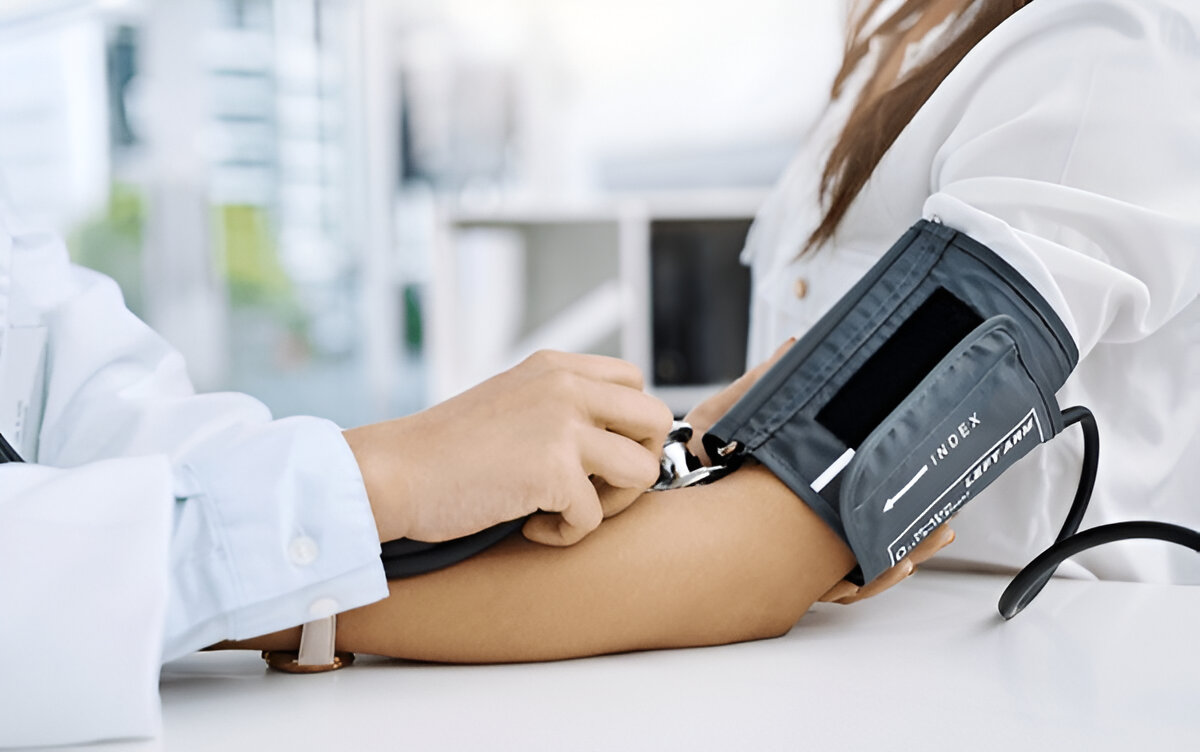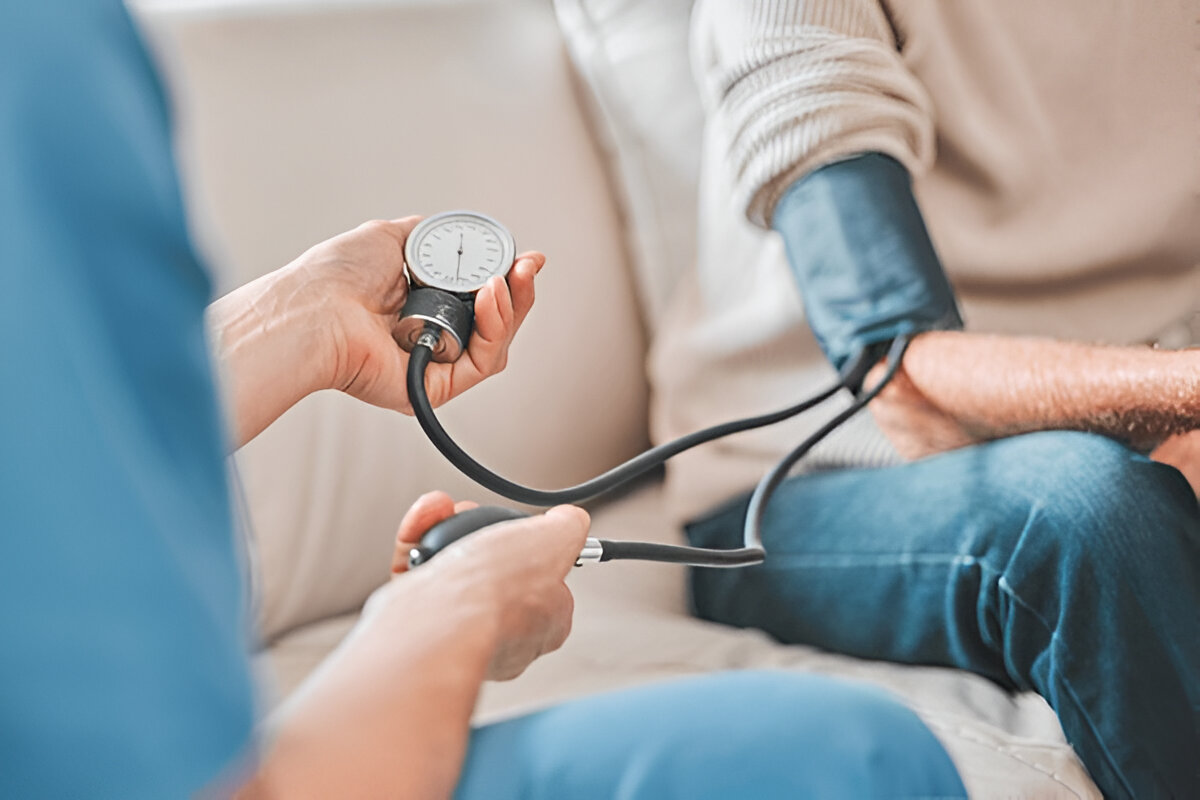
Hypertension Management
Hypertension, or high blood pressure, is a common but serious medical condition that can lead to heart disease, kidney damage, stroke, and other complications if left uncontrolled. Effective hypertension management involves a combination of accurate diagnosis, lifestyle modifications, medication, and regular monitoring. At our clinic, we take a comprehensive and patient-centered approach to managing hypertension, helping patients achieve and maintain healthy blood pressure levels to reduce their long-term health risks.
What is Hypertension?
Hypertension is defined as blood pressure consistently above 130/80 mmHg. It is often referred to as the "silent killer" because it typically shows no symptoms until it has already caused significant damage to organs.


Diagnosis & Monitoring
Our team uses accurate diagnostic tools and continuous monitoring to detect and manage hypertension:
- Ambulatory Blood Pressure Monitoring (ABPM)
- Home Blood Pressure Tracking
- Lab Tests (to check kidney function, cholesterol, glucose)
- ECG or Echocardiogram (if heart damage is suspected)
Treatment & Management Options
1. Lifestyle Modifications
- Low-sodium, heart-healthy diet (DASH diet)
- Regular physical activity (30 minutes/day)
- Weight loss and obesity control
- Limiting alcohol and avoiding tobacco
2. Medications
- ACE inhibitors
- Beta-blockers
- Diuretics
- Calcium channel blockers
- ARBs (Angiotensin II Receptor Blockers)
Depending on your individual case, one or more medications may be prescribed, such as: